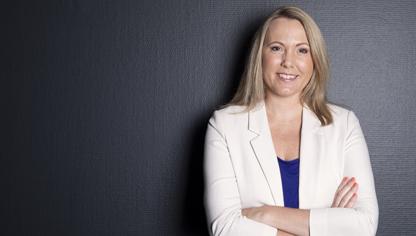SK: I think broader society has a lot of thank yous to make towards our journalists, particularly the brave ones who’ve taken the risk to expose situations and I’m not going yet down the fake news road, because some stuff that is written is, we all know, is garbage and some of us have been on the other side of that garbage so sometimes we grow up with a little bit, you know it’s a journalist are they going to report the truth or are they going to manufacture a story to suit the purpose.
But I do think and it became very prevalent in the last few years. I can remember as a CEO of a public company getting an invitation to go to a wedding in Sun City and I’d never heard of the people. I didn’t know, you’d be happy …
FH: Did you get the invite in the box?
SK: I don’t know if I got a box. I remember it arrived here at Investec and I opened it and I said what is this? Who are these people? And I tore it up and threw it in the bin which with
hindsight was very, very lucky because I didn’t know the people.
I personally realised that as a CEO of a corporate which is in the top 40 or so, number 20 to 30 depending on the season, when they like our share, if they don’t like our share, so you have to start doing something similar to you as a journalist community and we started having the fight and started being expressive and started actually taking on, you know, government, up to then were pretty quiet.
And I think you guys as journalists have really taken a massive amount of risk, personal risk in terms of being vocal, in terms of standing up, in terms of challenging, what you know what everyone would call it, some of us we call it state capture. So, where do you get the courage?
FH: So I will take you back a little bit to when I first got to know the Gupta family. They of course came into political prominence via Essop Pahad who was the Minister in the Presidency under the former President Thabo Mbeki.
They first got to know Mr Pahad and I remember one day I was at my mom’s place in Mayfair sitting in the kitchen and Essop Pahad and his brother who lives across the way, he came bounding in because he bounds into a room, and said “look, I’ve got these people they want you to come and work for them”, you know, and I said which people. I had some vague recollection. The Guptas. I said oh, okay, no I don’t want a job there. I quite like the Mail & Guardian where I was working.
And then the first story of their state capture came into the public domain. They had basically photocopied mineral rights applications by Kumba and then copied them and then gave them into the Mineral Resources Department in the Northern Cape and subsequently won the right.
It was a case of absolute corruption but it was the first time that they became prominent so my colleagues, Adriaan Basson, Muntu Vilakazi and I went along to their very insalubrious offices in Midrand, still where Sahara Computers was and met the brothers and met, the first time in the same room was three brothers with Duduzane Zuma.
We asked them many questions, they were quite arrogant because clearly, they had huge political contacts at the time and again Abdul Gupta said to me “you’ve got to come and work for me” and I said “absolutely not” because by then it was pretty clear.
After that it snowballed pretty quickly. They parlayed their political influence over the State and thanks to amaBhungane who tracked them from that time onwards, often in ways that were not properly recognised at the time.
We now know what we do. It was enormously courageous because the political pressure they brought against any of us who wrote negatively about them was really, really significant.





